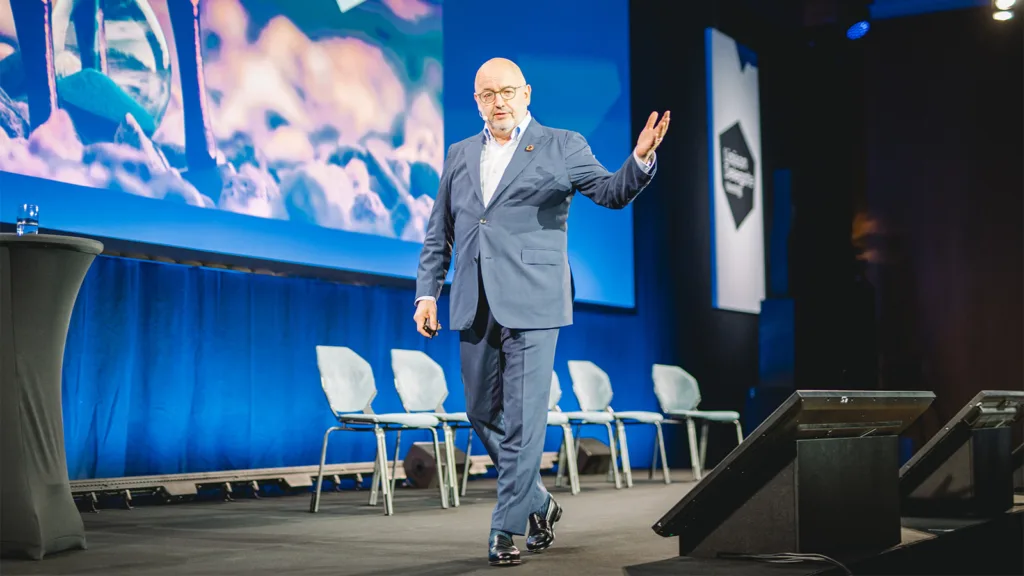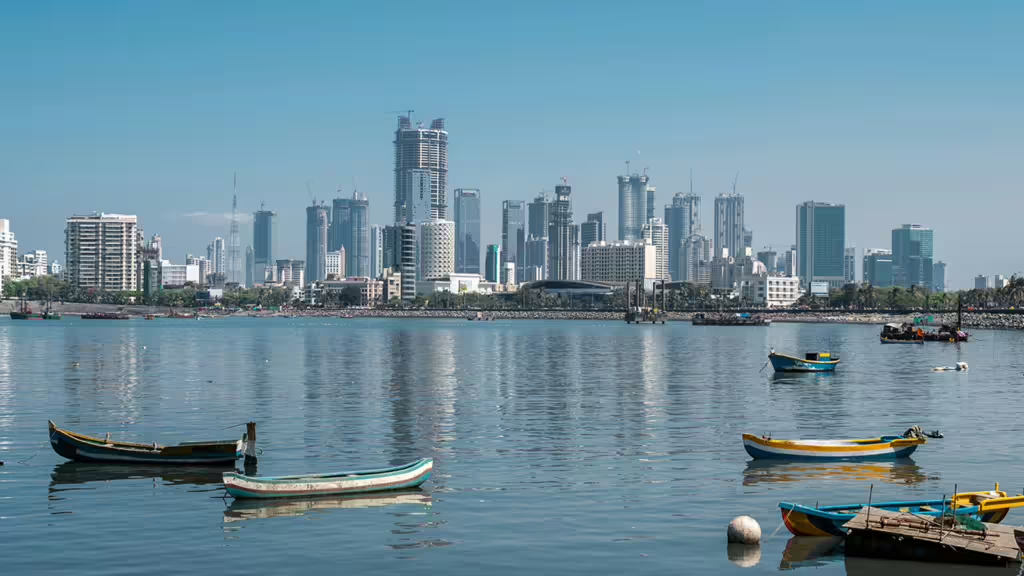In Hanoi on 10 April 2025, a clear message emerged from the high-level seminar “Advancing the ‘S’ in ESG”: that inequality undermines business performance, and addressing it can build resilience, maintain and increase market access, and reduce the cost of capital.
Hosted by UNDP in partnership with the Vietnam Business Council for Sustainable Development (VBCSD) and with support from the Government of Sweden, the event brought together business leaders, policymakers, and international experts to spotlight corporate approaches to the social dimension of ESG. This issue gaining focus due to greater scrutiny from export markets such as the European Union and Japan.
The session also marked the launch of the Vietnamese translation of “Advancing the ‘S’ in ESG,” a primer developed by the World Business Council for Sustainable Development (WBCSD) in collaboration with Shift. Designed for CFOs in Vietnam, the guide helps business leaders understand, navigate, and plan for social and nature-related impacts across their operations, including effects on the workforce, value chain, affected communities and end-users.
Inequality: A Systemic Business Risk
Beginning his session with a timely provocation, Joe Phelan, Executive Director, Asia Pacific, at the World Business Council for Sustainable Development (WBCSD), warned that inequality is now a systemic business risk.
Inequality poses a structural threat, not just to supply chains and business operations, but to investment portfolios and societal stability,” he said. “Managing a company’s corporate performance is now on the CFO agenda.
Joe’s remarks underscored a growing consensus: businesses that fail to integrate social considerations into their core strategies risk being left behind in an era where expectations are rising, across consumers, investors, and regulators alike.
He urged businesses in Vietnam to move beyond tick-box approaches and embed social impact into decision-making and value chains. This, he noted, will require stronger collaboration across sectors, better policy coherence, and investment in tools that allow companies, especially SMEs, to track, disclose and improve their social performance and accountability.
Social Performance as a Growth Driver
The event made clear that social sustainability is not merely a defensive play. It is a growth strategy.
H.E. Johan Ndisi, Ambassador of Sweden to Vietnam, set the tone in his remarks, framing responsible business conduct as a prerequisite for accessing and thriving in sustainability-conscious markets. “For economies like Vietnam, advancing the social dimension of ESG offers a strategic opening, one that can lead to fairer workplaces, stronger supply chains, and more sustainable trade partnerships,” he said.
Emphasising the central role of stakeholder engagement in shaping long-term business resilience, Ramla Khalidi, UNDP Vietnam Resident Representative, shared that “Companies that integrate human rights and environmental due diligence into their strategy aren’t just compliant, they’re future proof.” Her remarks echoed the consensus that stakeholder dialogue acts as a catalyst for growth.
That strategic framing was reinforced by Kassidy Huang of the World Benchmarking Alliance, who shared fresh data linking strong social practices to stronger financial performance. Companies leading on human rights and decent work consistently outperform on revenue and job creation, she noted. But Vietnamese firms must act fast. “Even if you’re not directly affected by EU rules like the Corporate Sustainability Due Diligence Directive, your buyers are,” she said. “Those expectations will cascade.”
From Ideas to Action
Throughout the morning, a diverse set of voices, from corporates to community organisations, offered real-world examples of embedding social performance into business models. Discussions highlighted several enablers for scaling impact: stronger alignment between policy and practice, greater support for small and medium enterprises, and new financing models such as Orange Bonds, which unlock capital for gender and social equity initiatives.
As global ESG expectations continue to evolve, and the impacts of climate change, nature loss and rising inequality are being felt, businesses in Vietnam are at a crossroads. The path forward demands not just environmental ambition, but social innovation. The choice is clear: embrace the “S” in ESG as a business opportunity, one that builds resilience, earns trust, and drives inclusive growth.
As Joe Phelan put it, “This is not about charity. It’s about charting a course for a fairer, more stable, and ultimately more profitable future. The time to act is now.” “By strengthening performance management, companies can drive transformation through value chains, and get better information to the capital markets, so that finance flows to the companies that lead on sustainability performance.”
Outline



